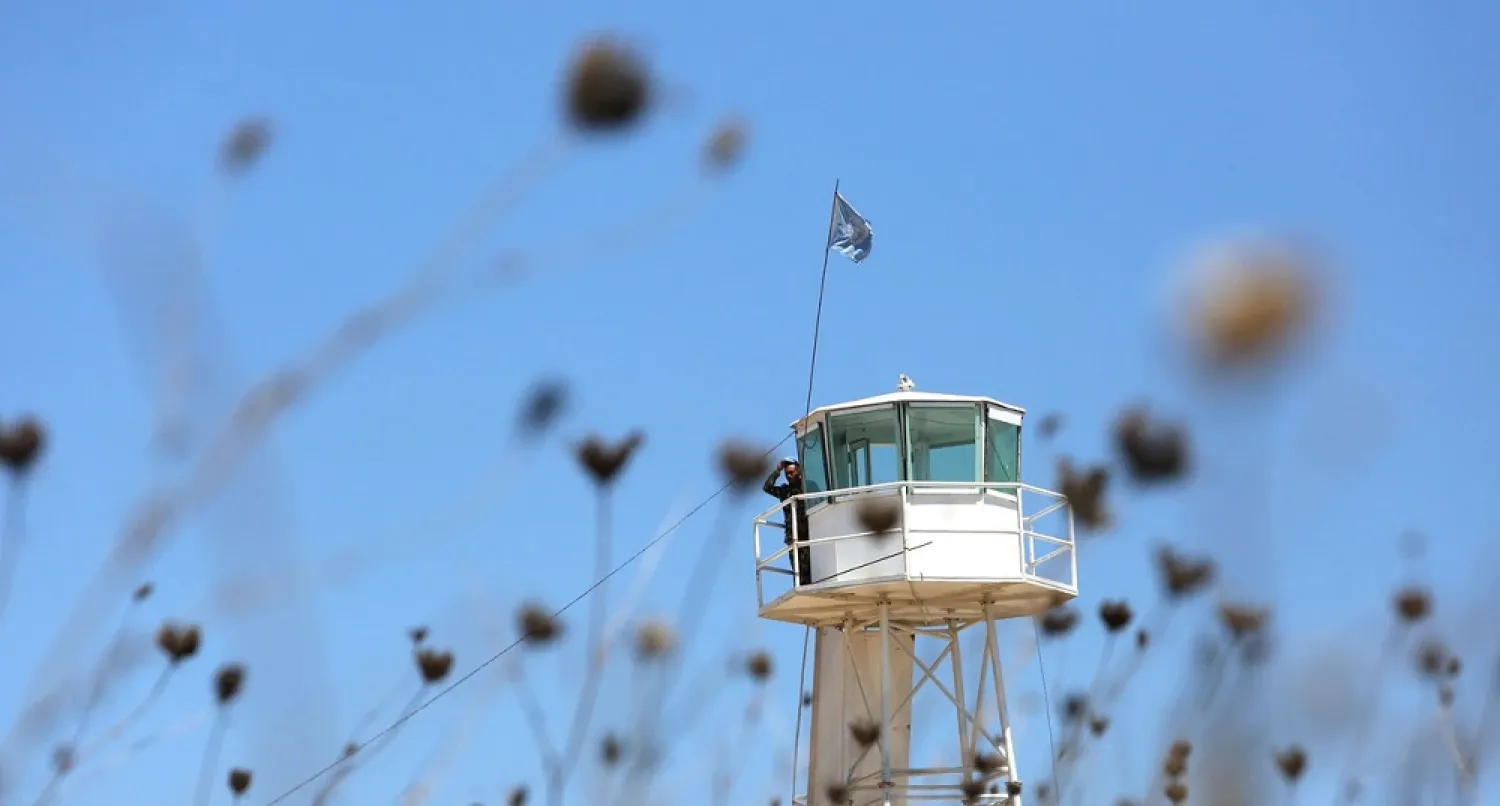Disputes have emerged between Lebanon and Israel over the demarcation of their shared marine border. The pair had met on Wednesday for the fourth round of their indirect talks on the demarcation of the potentially gas-rich area.
The talks were described as “tense” after Israel made a “provocative” new proposal that takes more of Lebanese marine waters, revealed Lebanese sources closely informed on the negotiations.
Both sides met in the Ras Naqoura, the southwestern-most point in Lebanon. The talks are being sponsored by the United Nations and mediated by the United States.
The sources told Asharq Al-Awsat that Israel’s latest proposal “was not based on any legal ground.” Lebanon, meanwhile, had presented valid documents, maps and legal, topographic, historic and geographic evidence to back its border claims during the second round of talks.
This evidence backs its claim over 2,290 square kilometers south of the border line claimed by Israel. This line was approved during a truce between Lebanon and Israel in 1949.
The Israeli side responded to this proposal on Wednesday by submitting new maps that eat away at large chunks of Lebanese territorial waters. They do acknowledge Lebanon’s claim over parts of the Karish gas field.
The sources revealed that Israel’s new proposal takes parts of the offshore blocs 5, 9 and 10.
“The fourth round of talks were tense because Lebanon is basing its claims on the Law of the Sea, while Israel is not basing its claims on any legal grounds,” said the sources, refusing to delve into any more details into the discussions.
“It is natural for tensions to emerge, but the Lebanese delegation is holding its ground and is completely committed to its rights by adhering to international law,” they added.
Both sides are banking on the American mediator to facilitate the talks and smooth over any disputes.
The next round of talks will be held in December, a joint statement from the United States and the UN Special Coordinator for Lebanon said, as did Israeli Energy Minister Yuval Steinitz in a separate communique.
Israel already pumps gas from huge offshore fields but Lebanon, which has yet to find commercial gas reserves in its own waters, is desperate for cash from foreign donors as it faces the worst economic crisis since its 1975-1990 civil war.









